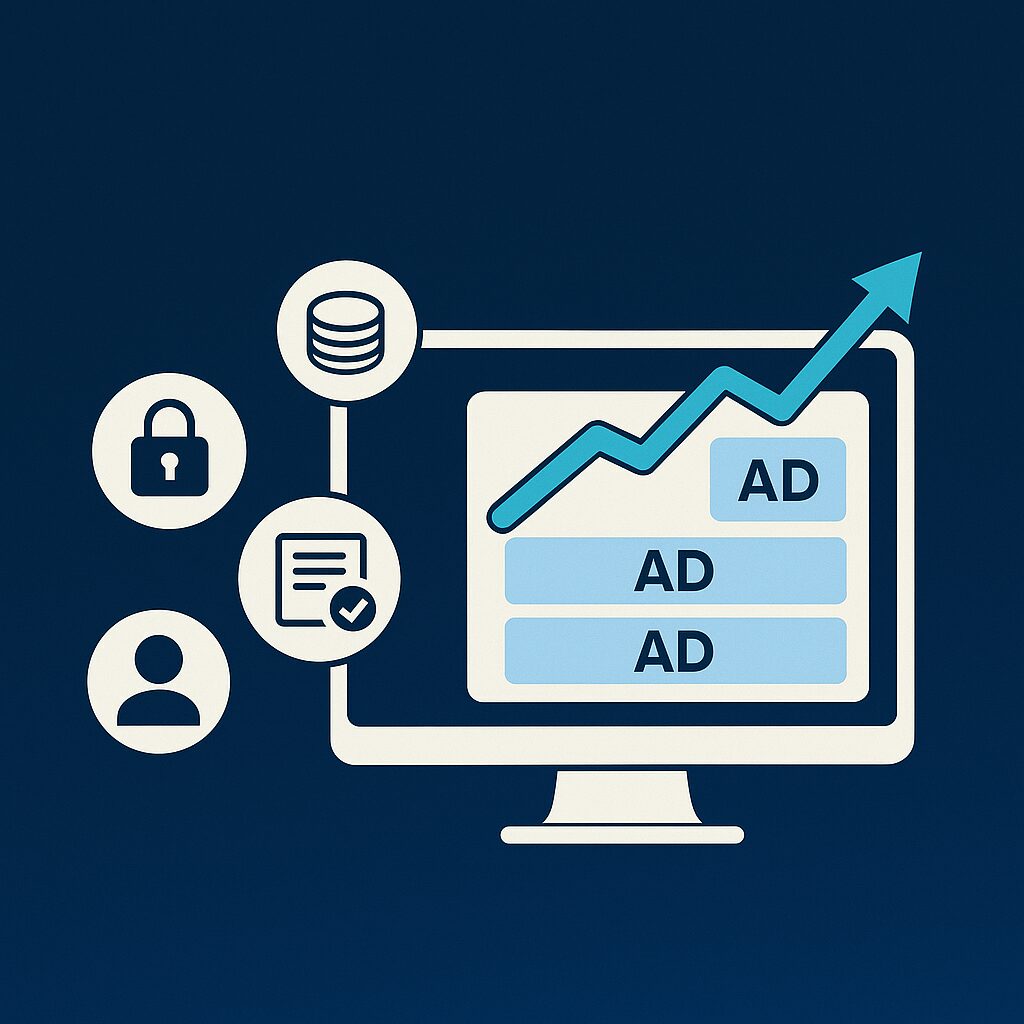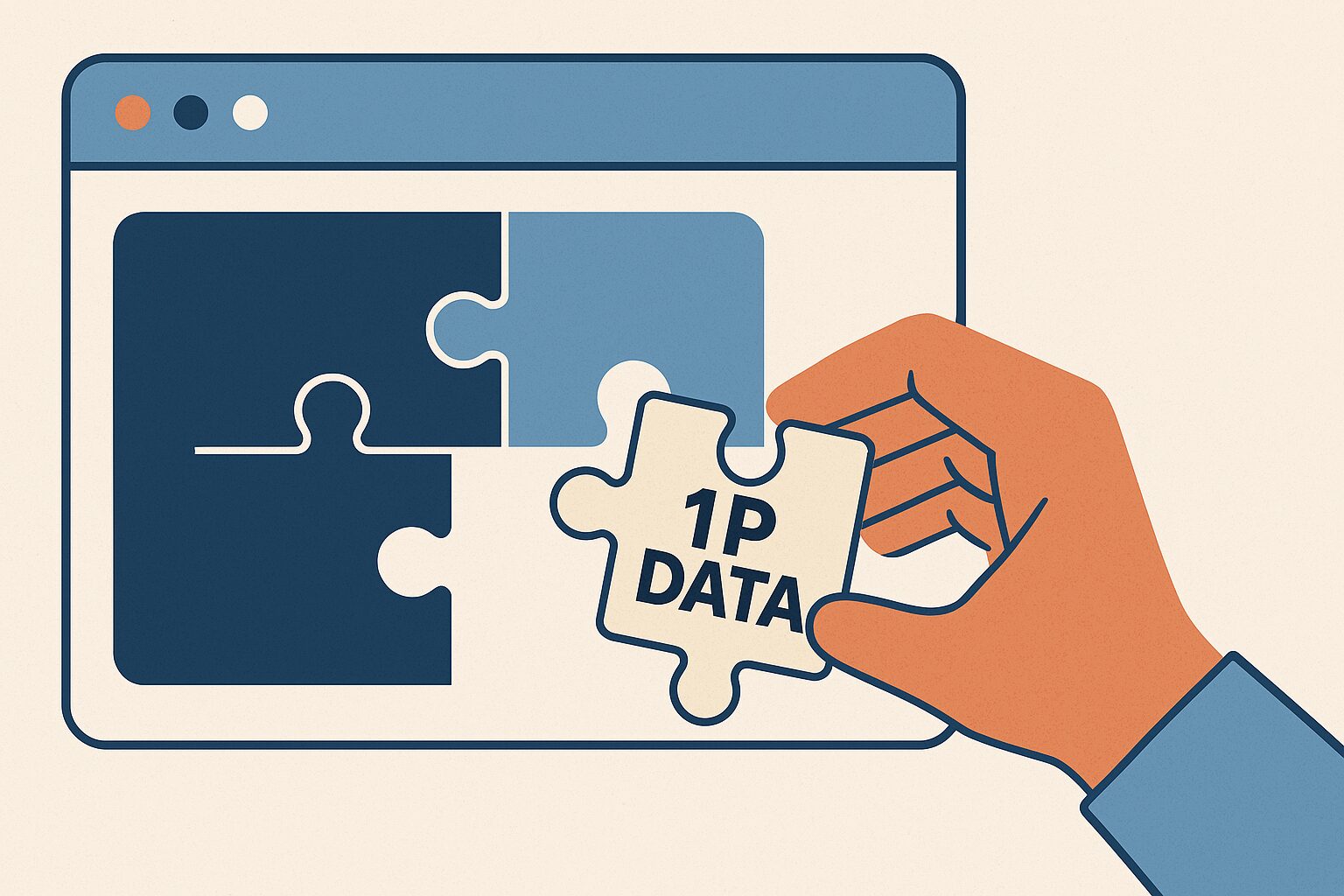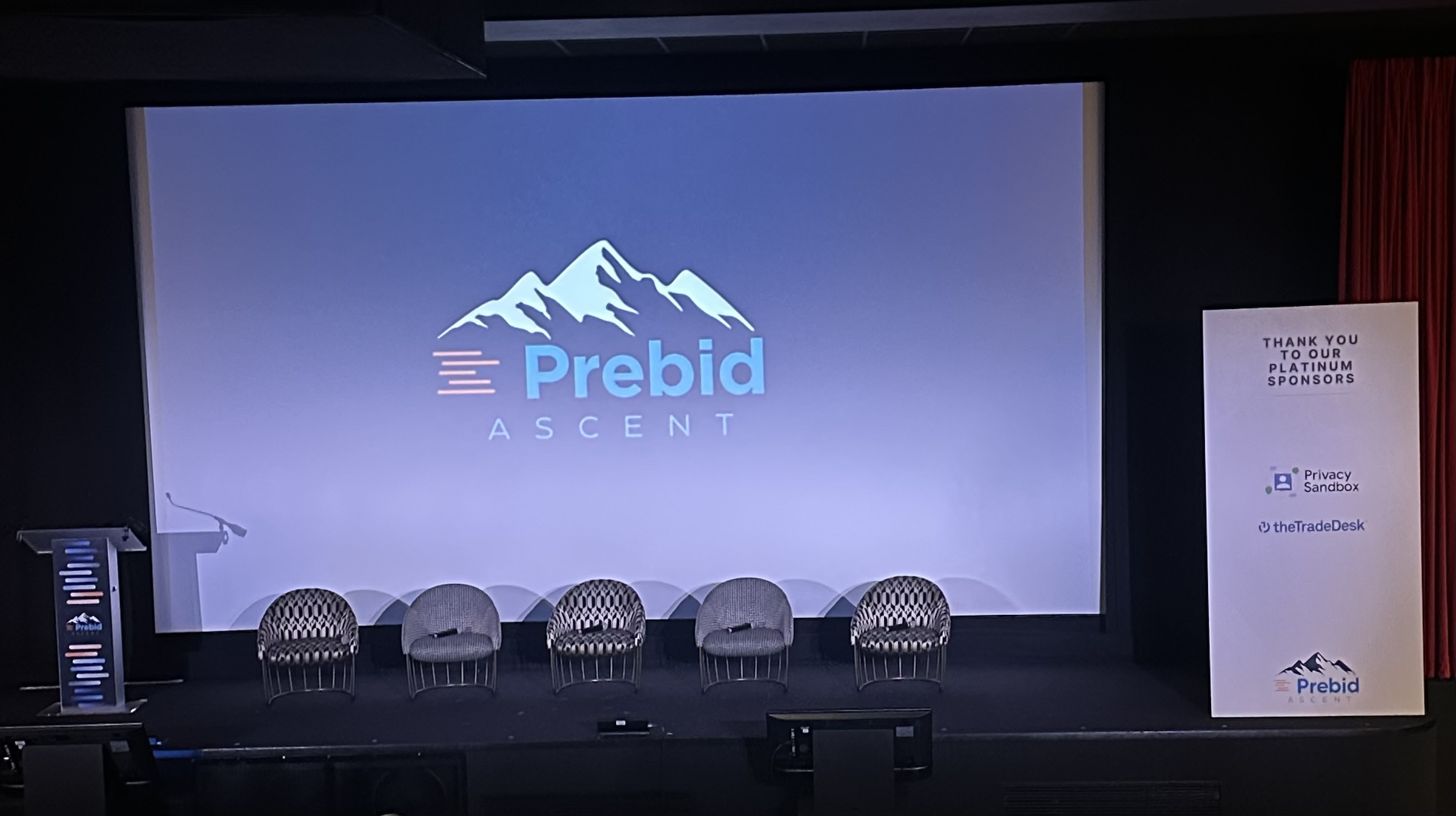Google has confirmed that they are shifting to an opt-in model for third-party cookies on Chrome, meaning users will soon need to actively consent to tracking. Consequently, this significant change presents a new challenge for publishers, reshaping how they gather and leverage user data for monetization. Moreover, as Chrome’s update rolls out, those heavily reliant on third-party cookies may need to rethink their strategies to effectively adapt and thrive in this evolving digital landscape. This change may bring unexpected challenges for those relying on these cookies to fuel their monetization strategies.
What Publishers Need to Know About Chrome’s Opt-In Requirement
Google’s Chrome browser is set to require users to opt in for third-party cookies. We’ve already seen the impact of similar changes on iOS, where only 14% of users chose to opt in. Markedly, this trend suggests that many Chrome users might also decline third-party tracking, reducing the pool of targetable audiences and potentially affecting ad revenue.
Are you prepared for this shift? For those relying heavily on third-party data, the time to rethink strategies is now.
The Video Breakdown: Navigating the Upcoming Changes
Google has shared a brief video (watch here) to walk you through what’s coming. It covers both advertising and non-advertising cookies, helping publishers understand the full impact of these changes. Now is the time to get familiar with how this might affect your current strategies.

Shifting Focus: Leveraging First-Party Data
This shift presents a clear opportunity for publishers to pivot toward first-party data strategies. At Adapex, we’re helping our partners unlock new revenue streams with our Data Refinery (learn more here). By focusing on first-party data, audience segmentation, and yield optimization, our partners have already seen an average uplift of 12% in RPS.
Through our Data Refinery, publishers gain access to an enriched, AI-powered workflow that optimizes audience segmentation and improves targeting precision. With seamless integration with the leading 26 identity solutions, publishers can transform anonymous users into addressable audiences—ensuring higher CPMs and improved ad performance.
Key reasons to prioritize first-party data:
- Greater Control Over Audience Insights: Publishers can maintain control over their data and gain deeper insights into user behavior without relying on third-party cookies.
- Attracting Premium Ad Spend: Advertisers are increasingly prioritizing privacy-compliant targeting. First-party data strategies can help publishers attract higher CPMs.
- Future-Proofing Revenue: As the industry continues to move toward privacy-first solutions, leveraging first-party data can safeguard long-term monetization.
Adapting Your Monetization Strategy
Take proactive steps now, to ensure you’re prepared for the shifts ahead. Whether you’re already exploring first-party data strategies or just starting to think about it, having the right tools in place is crucial to maintaining revenue.
Let’s connect if you want to learn more about how Adapex can support your transition. We’re here to guide you through these changes with solutions to maximize your revenue potential.
By acting now, publishers can turn these changes into an opportunity for growth and resilience in a privacy-first digital world.













